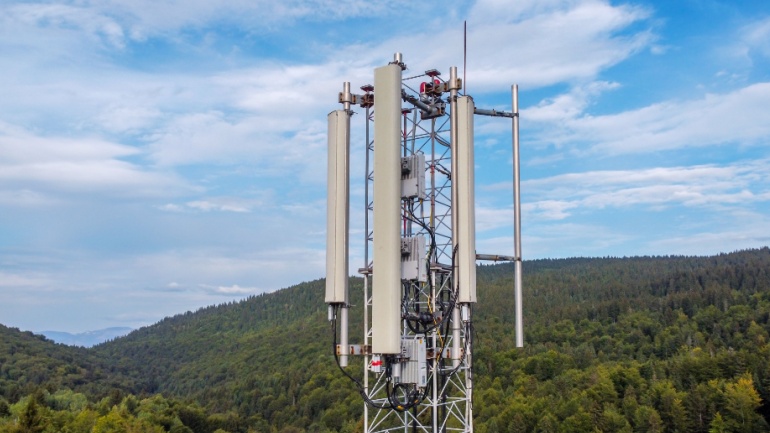In the third quarter of 2023, Ookla Speedtest Intelligence data reveals a robust global uptrend in fixed network speeds. The median download speed for fixed networks worldwide reached an impressive 83.95 Mbps, marking a substantial 19% increase from 70.3 Mbps in the same quarter of 2022.
Moreover, global upload speeds experienced an even more significant year-on-year boost, soaring by 28% from 29.95 Mbps to a commendable 38.32 Mbps. Ookla attributes this acceleration in both download and upload speeds to a widespread shift towards fiber-optic networks. However, the pace of this transition varies across different countries.
Ookla’s rankings for fixed download speeds place the United States in sixth position, boasting a median download speed slightly exceeding 200 Mbps. This represents a noteworthy 26% improvement from Q3 2022, with upload speeds also seeing a commendable 7% increase. Despite this advancement, the U.S. maintains its sixth-place ranking from the previous year, as countries like the United Arab Emirates (UAE) and Singapore lead the global charge in fixed network speeds.
UAE stands out with an impressive median download speed of 247.63 Mbps in Q3 2023, almost doubling its speed since 2022. This surge is attributed to widespread access to fiber connections and proactive measures by operators, including raising the minimum download speed and offering price discounts for higher-tier plans.
Singapore claims the second-fastest median download speed globally and proudly boasts “100% FTTH coverage.” This accomplishment is attributed to the country’s small land mass and regulations mandating adequate infrastructure for operators to pre-install fiber networks.
In contrast, the U.S. is contemplating changes to its fixed broadband standards, currently set at 25 Mbps download and 3 Mbps upload. The Federal Communications Commission (FCC) is considering raising the national benchmark to 100/20 Mbps, aligning with the growing demand for faster network performance in a highly competitive market where fiber, cable, and fixed wireless access vie for customers, as highlighted by Ookla.








